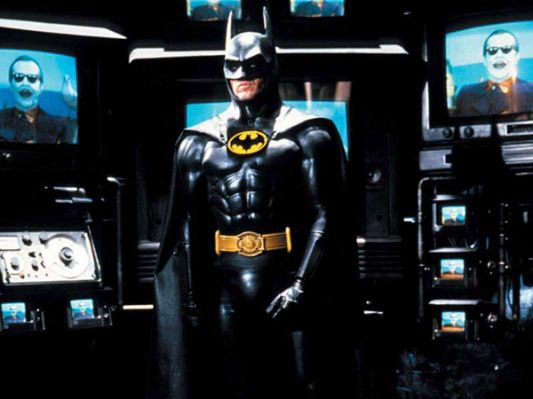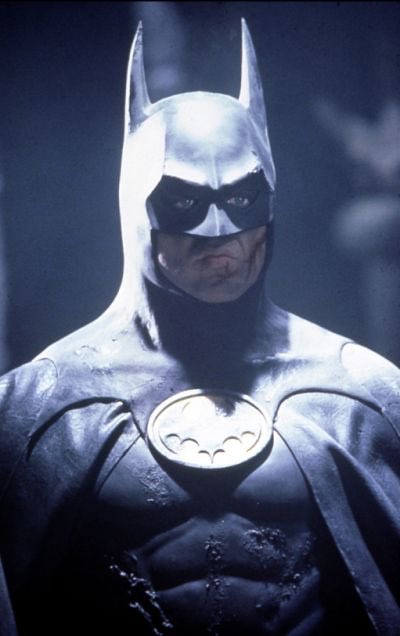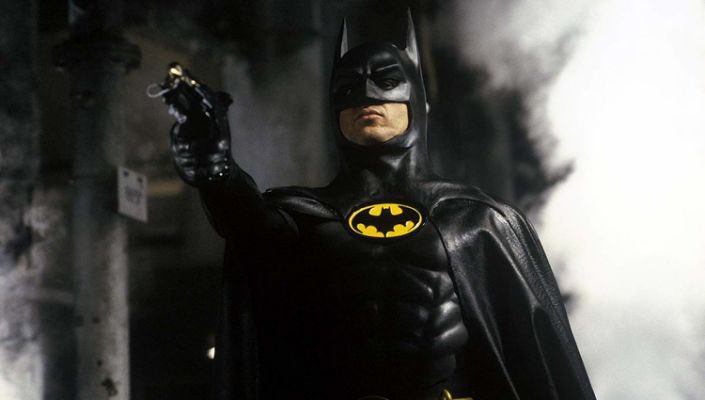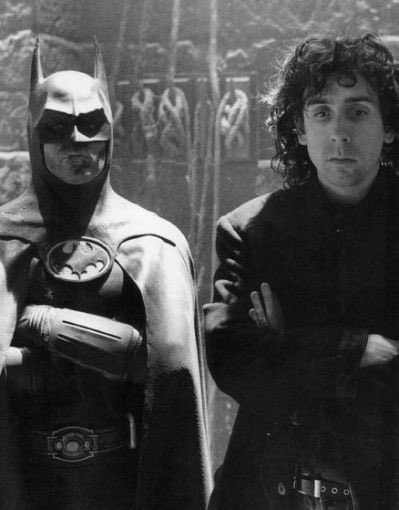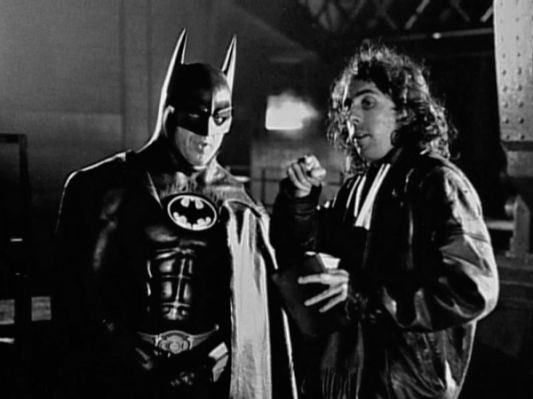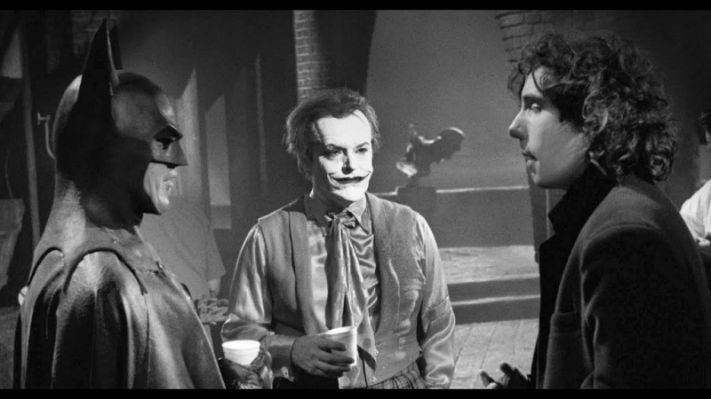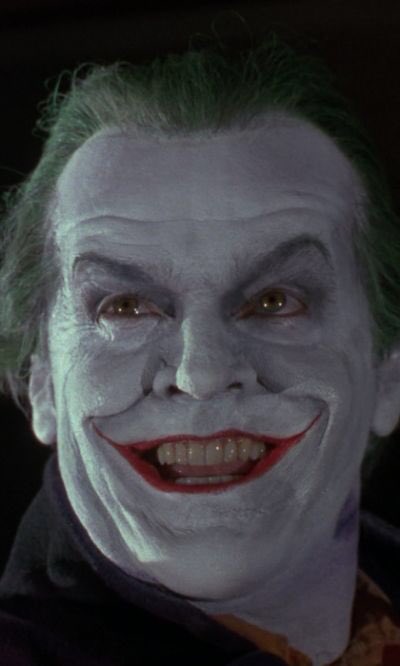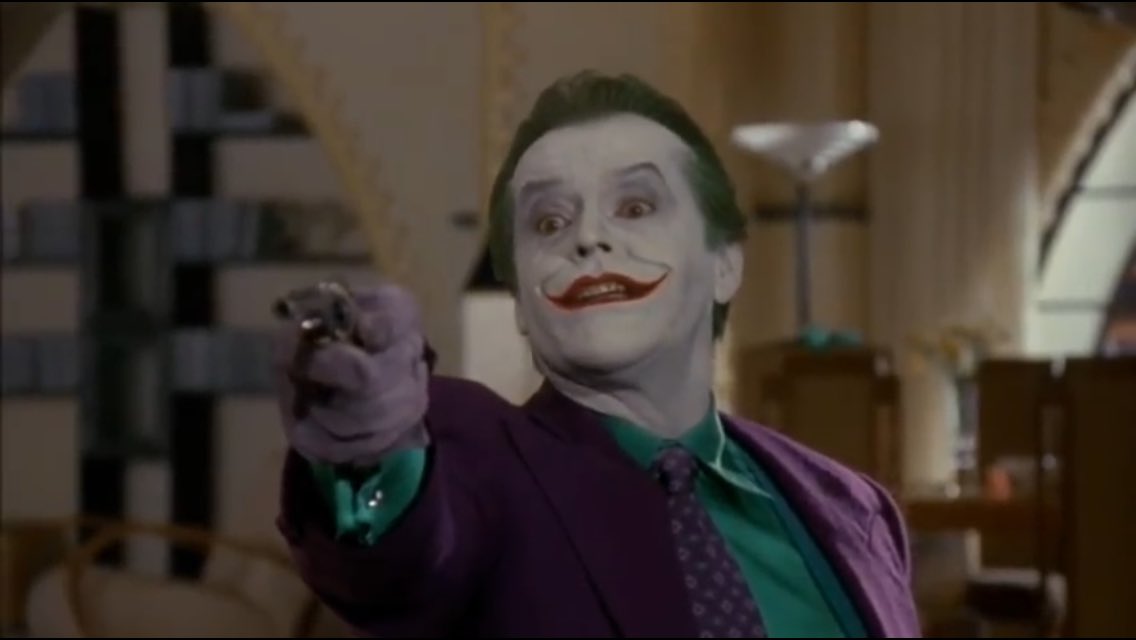By Anthony Breznican<time class="content-header__publish-date"> | August 20, 2020 |
Vanity Fair</time>
Batman forever strives for a chance to set things right. That may finally happen with
Ben Affleck’s version of the crimefighter.The
Argo director’s brooding Dark Knight is coming back for one more movie, with Affleck agreeing to return as Bruce Wayne in the upcoming big-screen version of
The Flash, Vanity Fair has learned.
Portrayals of Batman always ignite furious debate among fans, and Affleck’s selection for the part continues to provoke intense discussion, even years after he first donned the cowl. Some love him; some disparage him. Some refused to see him in the role from the very beginning, while others consider him an underrated favorite who deserved more chances to play the role onscreen.
This does not disrupt
The Batman film starring
Robert Pattinson, who remains the future of the franchise.
The
Flash movie, which is planned for release in summer 2022, will feature fast-moving hyper-hero Barry Allen, played by
Ezra Miller, breaking the bonds of physics to crash into various parallel dimensions, where he’ll encounter slightly different versions of DC’s classic heroes. It’s an adaptation of DC’s 2011
Flashpoint series of comic book crossovers, directed by
Andy Muschietti, the filmmaker behind the recent adaptations of
Stephen King’s
It and
It Chapter Two.
“His Batman has a dichotomy that is very strong, which is his masculinity—because of the way he looks, and the imposing figure that he has, and his jawline —but he’s also very vulnerable,” Muschietti said in an interview. “He knows how to deliver from the inside out, that vulnerability. He just needs a story that allows him to bring that contrast, that balance.”
Affleck got the script at the end of last week and agreed this week to join the project.
“He’s a very substantial part of the emotional impact of the movie. The interaction and relationship between Barry and Affleck’s Wayne will bring an emotional level that we haven’t seen before,” the director added. "It’s Barry’s movie, it’s Barry’s story, but their characters are more related than we think. They both lost their mothers to murder, and that’s one of the emotional vessels of the movie. That’s where the Affleck Batman kicks in.”
“I’m glad to be collaborating with someone who has been on both sides of the camera, too,” Muschietti said. “He understands.”
Affleck won’t be the only Batman making a comeback; a few more of the alternate-dimension heroes who turn up in the
Flash movie will be figures we’ve seen before.
Michael Keaton’s Batman from the 1989
Tim Burton film is also set to appear in what Muschietti said was a “substantial” part.
There's another reason The Flash needed the character affectionately known as Batfleck. In DC’s movie universe, Affleck’s gray-templed Bruce Wayne is the one Ezra's Flash would consider “the original Batman,” the one he has already fought alongside in the previous
Zack Snyder films.
Muschietti said it wouldn’t work as well for him to venture into the company of other Batmen without having Affleck as the starting point. “He’s the baseline. He’s part of that unaltered state before we jump into Barry’s adventure,” the director said. “There's a familiarity there.”
DC has still other motivations for exploring this story. Batman is too valuable a character to leave fallow for long, and new actors will forever be stepping into the role. By threading the concept of a multiverse into its DC storyline, Warner Bros. is attempting to create a way for all the competing factions of its fandom to coexist together.
Unlike the Marvel Cinematic Universe or Star Wars, in which everything is designed to be part of the same canon, the multiverse approach can allow projects to vary greatly in tone, or feature different actors, while still being threaded together. Keeping a broad coalition of fans from battling over what is “legitimate” is one of the biggest challenges for studios managing franchises with vast appeal and decades of history. Sony’s animated
Into the Spider-Verse also helped popularize the alternate-dimension concept, introducing the Miles Morales character to a host of differing Spider–folk.
So far, the multiverse approach has helped DC both differentiate itself and revisit the same characters without being accused of rebooting or erasing recent favorites. DC TV shows such as
Arrow, Batwoman, Black Lightning, and
Supergirl have done crossover events, and a few months ago the
Crisis on Infinite Earths storyline laid the groundwork for the multiverse concept, with Miller’s movie Flash making an appearance in that story by coming
face-to-face with the TV Flash played by
Grant Gustin.
“This movie is a bit of a hinge in the sense that it presents a story that implies a unified universe where all the cinematic iterations that we’ve seen before are valid,” Muschietti said. “It’s inclusive in the sense that it is saying all that you’ve seen exists, and everything that you
will see exists, in the same unified multiverse.”
That doesn’t mean there aren’t still intense disagreements in the fandom, and the return of Batfleck is sure to launch countless takes.
Affleck was cast as Batman in late August of 2013, and the debate over his presence hasn’t let up even after two movies with Snyder—
Batman v Superman: Dawn of Justice and
Justice League—and one cameo in
Suicide Squad. His take will also get a new approach in the famed “Snyder Cut” of
Justice League, which will appear on HBO Max, restoring the original director’s vision before the film was handed off to
Joss Whedon to complete—a version of the film that seems to have left no one happy.
Affleck had previously signed to direct and star in a standalone film called
The Batman, but ultimately left the project after saying that its demands were taking too much of a personal toll. At the time he parted ways with the film, he was also dealing with the end of his marriage to
Jennifer Garner and struggling with alcoholism. “I showed somebody
The Batman script,” Affleck told the
New York Times. “They said, ‘I think the script is good. I also think you’ll drink yourself to death if you go through what you just went through again.’”
Barbara Muschietti, the producer of
The Flash (and sister and longtime collaborator of the director), told
Vanity Fair she had worried this might make him reluctant to return at all. “There have been some all sorts of stories and things he said himself about having a very hard time playing Batman, and it had been difficult for him,” she said. “I think it was more about a difficult time in his life. When we approached him, he’s now in a very different time in his life. He was very open to it, which was a bit of a surprise to us. It was a question mark.”
“We are all human and go through great times in our lives and terrible times in our lives,” she added. “Right now he’s in a place where he can actually enjoy being Batman.” Plus, he doesn't have to carry the entire movie. “It's a pivotal role, but at the same time it’s a fun part,” she said.
Filmmaker
Matt Reeves (The
Planet of the Apes movies) is now making
The Batman with Pattinson as the lead. That film was in the midst of shooting when the coronavirus lockdown hit, and production is set to resume in the fall.
Although a standalone film for Batfleck didn’t happen, his admirers continue to champion Affleck’s take on the character.
With
The Flash, they’ll get to see him answer the Bat-Signal at least once more.
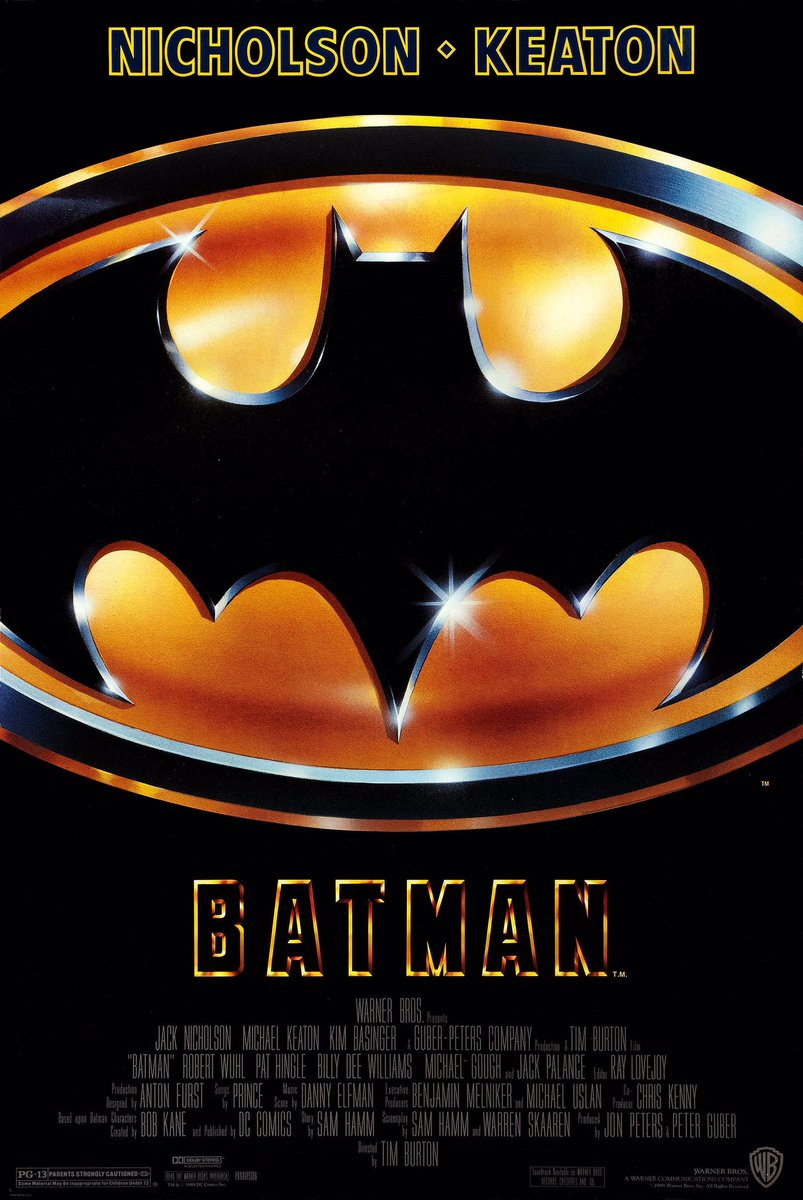 Trailers
TV Spots
Trailers
TV Spots



